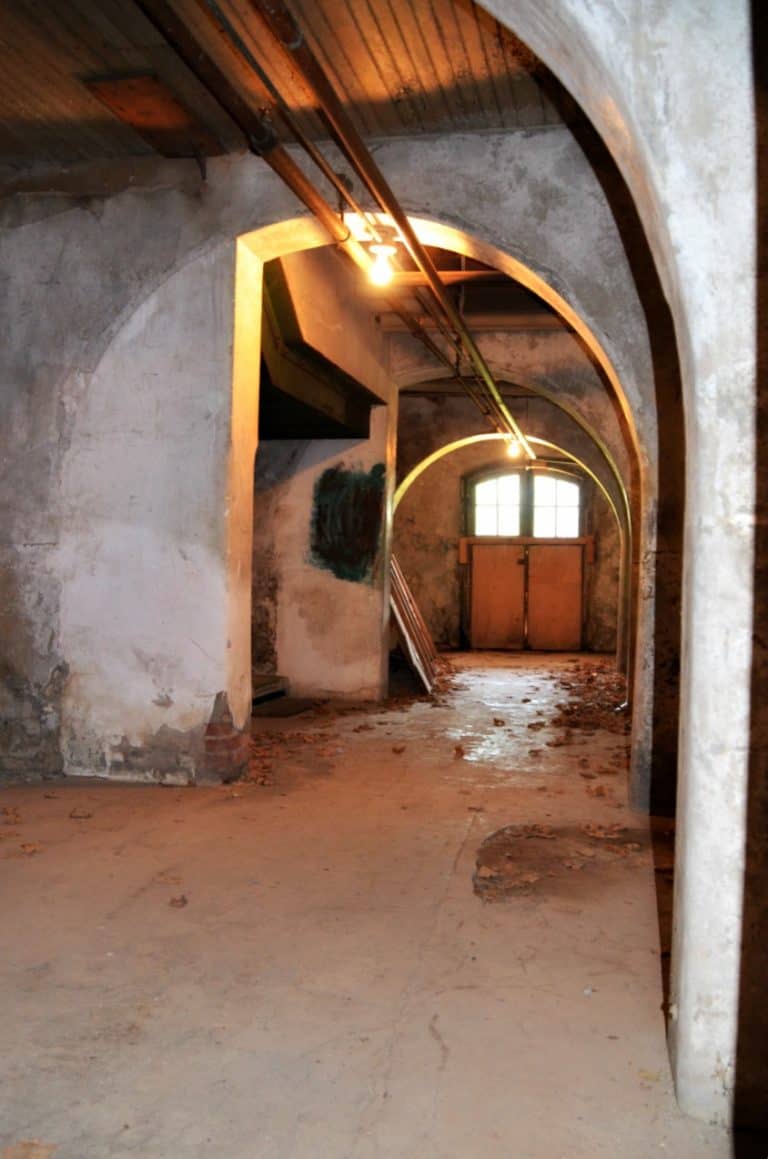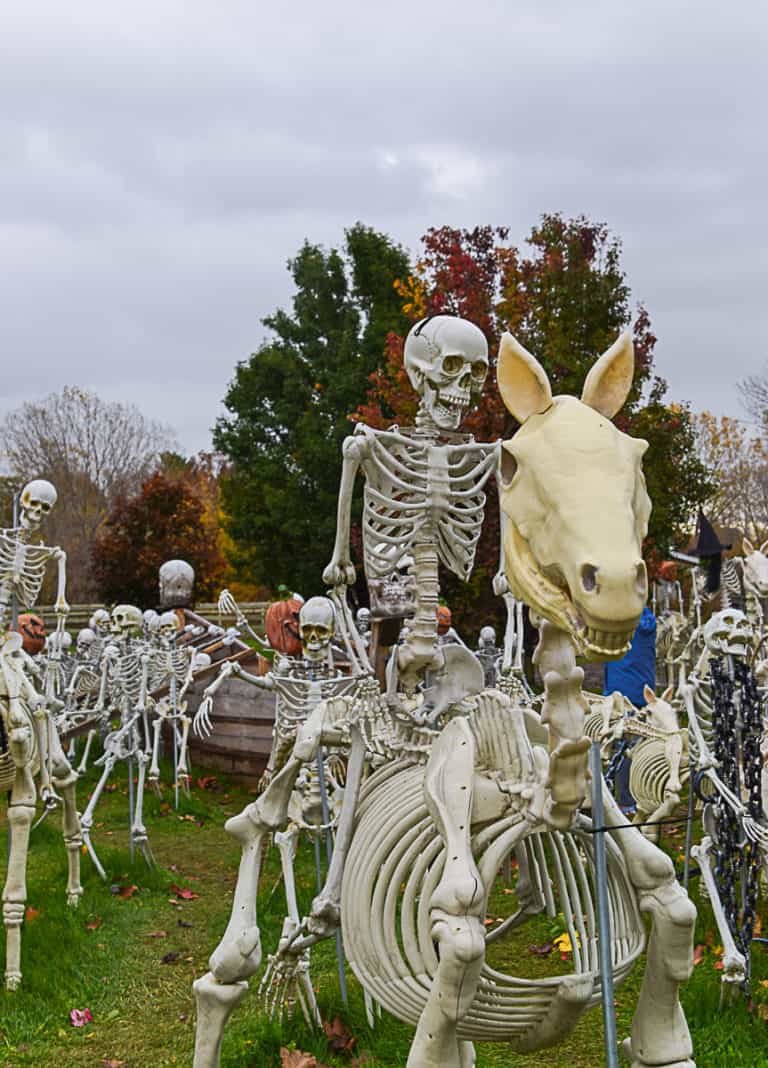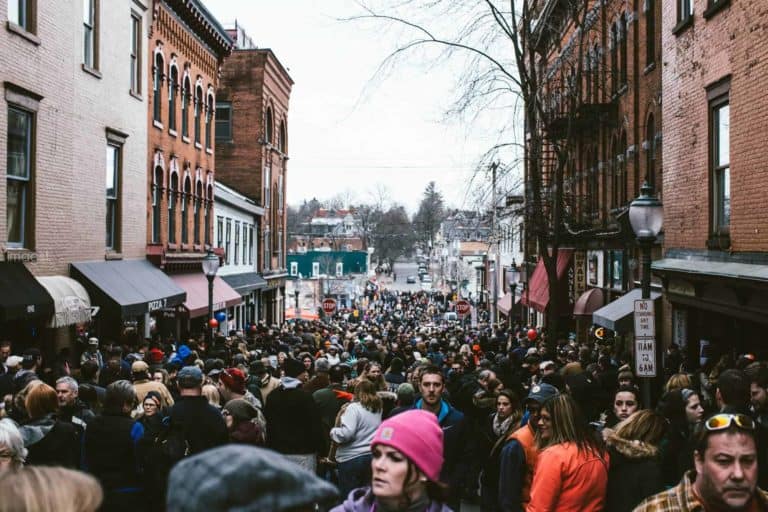Researching Ancestors Who Were Committed to Asylums in New York State
Since sharing the information of the upcoming Willard Tour I have received more than a few emails, I have tried to answer all of them and I have been more than happy to share lodging recommendations, and other basic information, but there is one request that has had me at a loss: “How do I research relatives and ancestors who were committed to asylums in New York State?”
I have wondered this also. Is it possible to get a hold of the medical records of family members who spent time in a New York State Hospital or Custodial Institution??
I too, have a family member who stayed briefly at Willard. My relatives diagnosis today would have most likely been postpartum depression, but I wondered why her stay was brief, when I have read stories about women going into Willard for similar conditions only to have never left? Was she wrongly sent there? So I dug in, and began researching. I contacted some wonderful people, but at the end of the day I was still met with a brick wall. The New York State Privacy Laws have kept all names and records shrouded from the public, with a few very specific exemptions:
Available Records
Researching ancestors who were committed to an asylum can be difficult due to the lack of information. In New York State the Office of Mental Health oversees mental disability services, including inpatient and outpatient programs, emergency, residential, local government and nonprofit agency programs. The Office of Mental Health maintains all records related to these services, and as it turns accessing information or records is not an easy task.
- Birth records, death records, and marriage records are considered Vital Records in New York State and they generally can be accessed by the public. If you are interested in exploring this option, you can obtain more information on how to obtain these records on the New York State Department of Health’s vital Records website at www.nyhealth.gov
- If you are a family member of the deceased patient and the patient allowed a facility to share information with you while he or she was living ( ie. personal representative), and it is reasonable to assume that the patient did not intend to revoke his or her permission to continue to that line of communication with you prior to his or her death, the Office of Mental Health may provide you with basic information about the patient’s condition and circumstances of his or her death if they deem it appropriate.
- If you are a family member of the deceased patient and the information from the patient’s record is relevant to your own health care, the information may be released to your physician, provided the physician submits a written request to The Office of Mental Health on your behalf.
- If you are the executor of the deceased patient’s estate, or if you otherwise have legal authority to act on behalf of the patient or his/her estate, the Office of Mental Health can release information to you upon your written request which documents and provides evidence to your legal authority to act on behalf of the deceased patient.
- In all of these cases, the Office of Mental Health is required to review the record prior to its release to ensure it does not infringe upon the privacy rights of any other individual who may be named in the record.
Also from The Office of Mental Health:
If you believe a relative was buried in one of New York State’s Hospitals (Insane Asylums) or Custodial Institutions cemetery, then with appropriate family linkage documentation, including birth and death certificates, The Office of Mental Health could provide you with information on the individual’s burial site.
So basically, don’t expect much help from The Office of Mental Health, and should you really have to provide birth and death certificates to figure out where to visit a family member’s grave??
No. No you should not.
Stringent State Laws
New York States privacy laws are a very stringent interpretation of the Federal Privacy Law. Federal law allows for limiting the period of privacy protection for decedent health information to 50 years past the date of death. The New York State Office of Mental Health has interpreted the Federal Laws to say that these records are forever sealed. The State’s stricter interpretation over-rides the federal law.
Suitcases from a State Hospital Attic and the Cemetery Names Project are trying to change the law so that New York State law is consistent with the federal law. Currently, they are inviting other organizations in New York State to sign a letter to Senate Majority leader Dean Skellos in support of the bill, S 840/A3686. It amends Section 33.27 of the mental hygiene law to require the Office of Mental Health (OMH) to release the names, and dates of birth and death for the purpose of memorializing patients interred at state mental health hospital cemeteries.
From the Facebook page of Suitcases from a State Hospital Attic:
We are organizing a campaign to help pass a bill in the NY State legislature that would make the names of people buried…
Posted by Suitcases from a State Hospital Attic on Tuesday, April 28, 2015
If you are not an organization, but still want to help make sure to ‘Like’ Suitcases from a State Hospital Attic and keep an eye out for bill updates, opportunities to contact your legislator and petitions.
 Researching Resources
Researching Resources
While my search for information was more than a little disappointing, depending on the time period your relative or ancestor was in an institution you may actually be able to find their stay documented in Census records. Linda Stuhler, the author of The Inmates of Willard 1870 to 1900: A Genealogy Resource has put together a wonderful genealogy resource page, and I strongly encourage you to check that and her book out.
Researching ancestors who were committed to an asylum can be difficult due to the lack of information because of the current privacy law restrictions. Consider supporting the groups who are working to make New York State law consistent with the federal law, and return names to those buried anonymously under numbered graves.









I found a mental health institutionalization record using the 1940 Census. It states that the individual is institutionalized. This was for Buffalo State (Mental) Hospital.
I’m not even sure if this is one of the.places my Grandmother, Maude May Grodevant, stayed. I don’t know where she’s buried.
Does anyone no a Louise Margaret Ross that was in the hospital. She had a baby 10/23/1965
How can we see if. A relative was at Utica or Willard by names Ann Marie Elliott
I an very much interested in a 2016 tour of the Willard Asylum. I can provide a group of 4-8 people.
Hi David, I have no idea what will happen for the 2016 Willard Tour, the organizer The Elizabeth Cady Stanton Child Care Center has not made any statements after this years fiasco.